Virtually all of our actions including our thoughts, attitudes, desires, and feelings are either directed toward or produced in response to others. It is not astonishing, therefore, that a person’s ability to understand others and experience their thoughts and feelings in relation to oneself – to empathize with others – is tantamount in developing and maintaining genuine relationships. In recent years, scholars have echoed the need for empathy in pedagogy (e.g., Nussbaum, 2010). In this interactive workshop, John Vongas will lead participants through a journey that is intended to explore the meaning of empathy and the ways in which pedagogues can decide when, where, how, and to whom they are going to practice empathy.
John is currently an Assistant Professor on a limited-term appointment in Management at Concordia’s John Molson School of Business. His research interests fall at the intersection of motivation, emotions, and physiology, with an emphasis on empathy and power. He has published in the fields of management and psychology, and was the recipient of the 2015 Dean’s Award for Teaching Excellence.
Date: Friday, January 22, 2016
Place: SGW FB 620
Time: 9:30 am - 11:00 am
Facilitator(s): Dr. John Vongas, Management
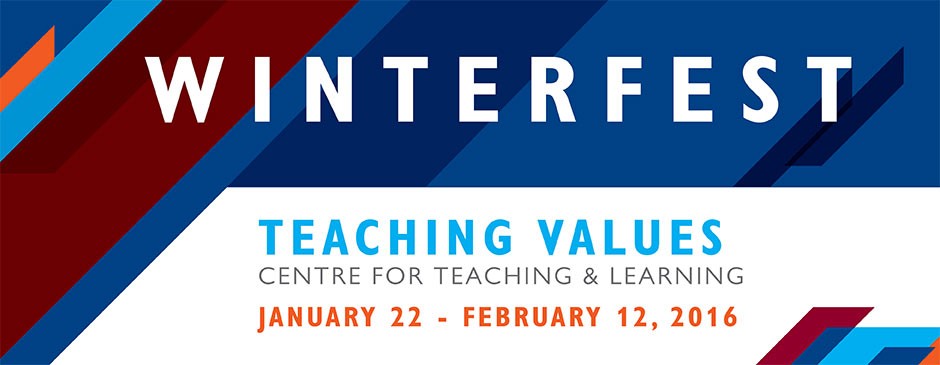
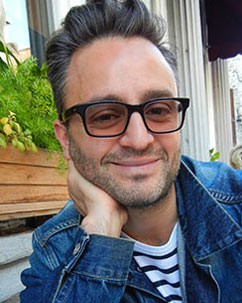 Dr. John Vongas
Dr. John Vongas
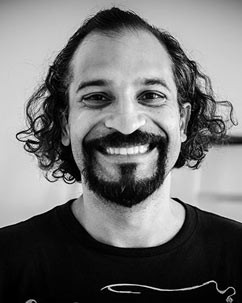 Dr. Vivek Venkatesh
Dr. Vivek Venkatesh
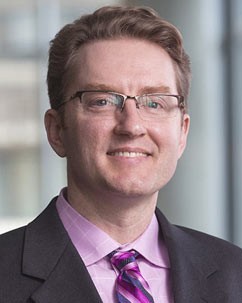 Dr. Raymond Paquin
Dr. Raymond Paquin
 Professor Tara Ramsaran
Professor Tara Ramsaran
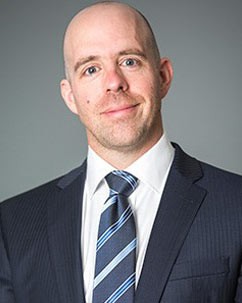 Dr. Benoit-Antoine Bacon
Dr. Benoit-Antoine Bacon
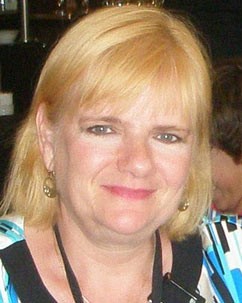 Dr. Danielle Morin
Dr. Danielle Morin
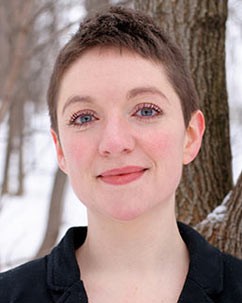 Dr. Emer O'Toole
Dr. Emer O'Toole
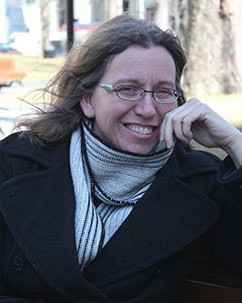 Dr. Ann-Louise Davidson
Dr. Ann-Louise Davidson
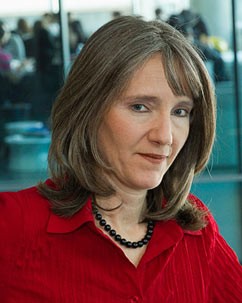 Dr. Isabelle Dostaler
Dr. Isabelle Dostaler